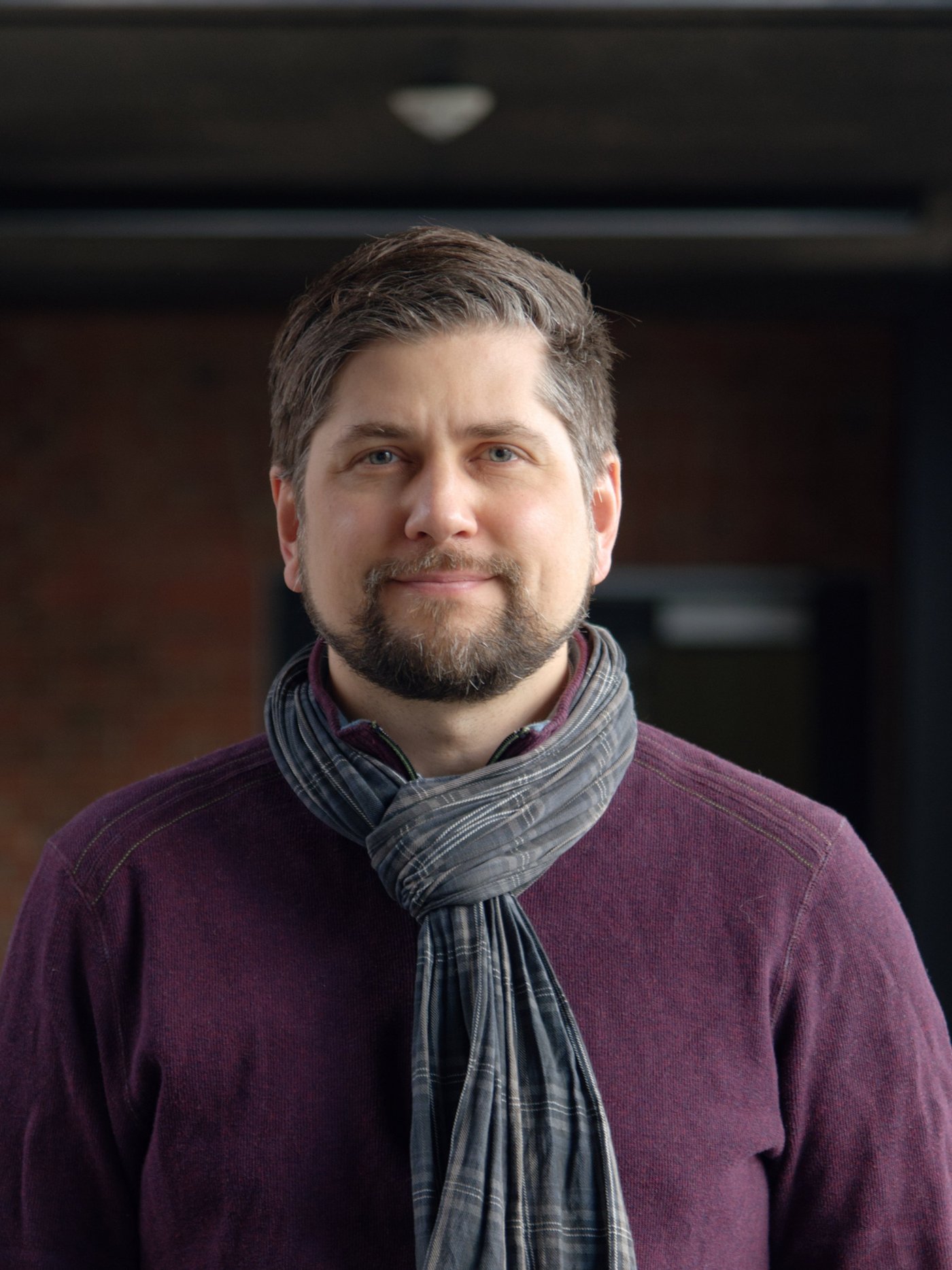DTG Prize for BNITM Researcher Johannes Mischlinger
Johannes Mischlinger, MD, laboratory group leader at the Bernhard Nocht Institute for Tropical Medicine (BNITM), was awarded the "Prize for Tropical Medicine" by the German Society for Tropical Medicine, Travel Medicine and Global Health (DTG) today. The prize serves to promote younger scientists and is awarded for special scientific achievements in the field of tropical medicine or international health sciences. It is endowed with 5,000 euros and is currently funded by the Else Kröner-Fresenius Foundation.
The "Prize for Tropical Medicine 2023" has been presented at the Congress for Tropical Medicine and Infectious Diseases (KIT2023), also the annual meeting of the DTG, in Leipzig, Germany. Mischlinger receives the prize for his work on "Optimizing the management of tropical diseases at the individual and population level". In recent years, the young scientist had focused primarily on improving diagnostics (point of care) and management of tropical infections, especially malaria and infection with the parasitic worm Loa loa.
Success in malaria research
Mischlinger's laboratory group has been able to collect and calculate the measurement accuracy of malaria rapid tests for all malaria-endemic areas of sub-Saharan Africa. Since these rapid tests are now the most common method for diagnosing malaria in endemic countries and since they are often used in therapeutic algorithms for treating febrile children, the research results of his group are of practical importance: Using the calculated tables of results, the adequacy of malaria rapid tests in just mentioned treatment algorithms can be estimated for the various malaria-endemic regions of sub-Saharan Africa. Thus, this work provides a critical contribution to improving the treatment of febrile children in sub-Saharan Africa.
Mischlinger's group was also able to decisively improve the microscopic detection of malaria parasites: they found that a significantly higher concentration of parasites is present in capillary blood (for example, from the fingertip) than in venous blood. This parasite excess in capillary blood leads to a strong difference in sensitivity and can be decisive for early malaria diagnostics.

Combating filariasis
The nematode Loa loa is a parasite and also known as the "African eye worm". The parasite is transmitted to humans by horseflies in West and Central Africa. Filariasis such as loiasis had attracted considerable attention in the context of the treatment of another filariasis, onchocerciasis or "river blindness."
Onchocerciasis patients usually receive multiple doses of the drug ivermectin for therapy. This is associated with a high risk of potentially fatal encephalopathies (severe brain diseases) if the patients simultaneously have a high number of Loa loa parasites in their blood. Rapid, reliable filariasis diagnosis prior to ivermectin therapy is therefore extremely important.
In a study involving over 700 participants, Mischlinger's group showed that about 35 percent more filarial parasites can be detected in capillary blood than in venous blood. As in malaria diagnostics, this not only facilitates blood collection, but also increases sensitivity at the same time. Mischlinger thus makes an important contribution to improving filarial diagnostics and the safety of drug therapy for filariasis.
Further information
German Society for Tropical Medicine, Travel Medicine and Global Health e.V.
- Office -
Bernhard-Nocht-Institut für Tropenmedizin
Bernhard-Nocht-Straße 74
20359 Hamburg, Germany
phone: +49 40 285380-478 | fax: +49 40 285380-512
e-mail: dtg(at)bnitm.de
Contact person
Dr Eleonora Schoenherr
Public Relations
Phone : +49 40 285380-269
Email : presse@bnitm.de
Julia Rauner
Public Relations
Phone : +49 40 285380-264
Email : presse@bnitm.de
Further information






